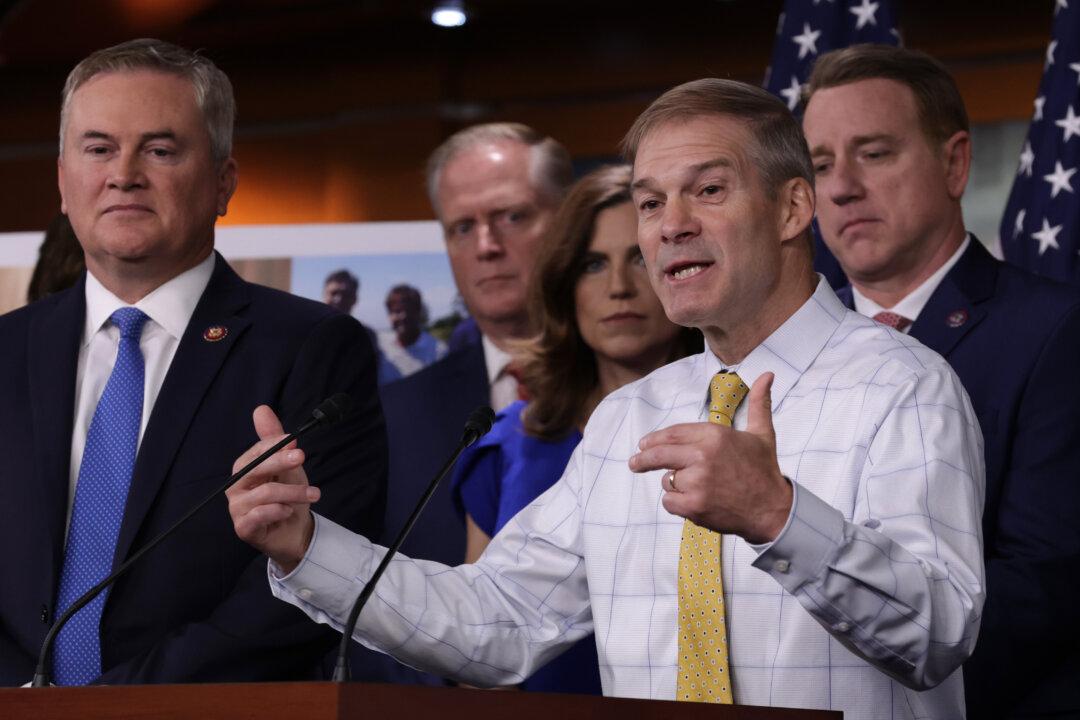Six Republicans on the House Judiciary Committee have launched an investigation looking into whether major climate groups are violating federal antitrust laws in their effort to push the “environmental, social, and governance” (ESG) agenda.
Their concerns were raised in a letter dated Dec. 6 to two executives on the steering committee for investor group Climate Action 100+ in which the Republicans argued that ESG, at its core, was “merely partisan politics masquerading as responsible corporate governance.”




